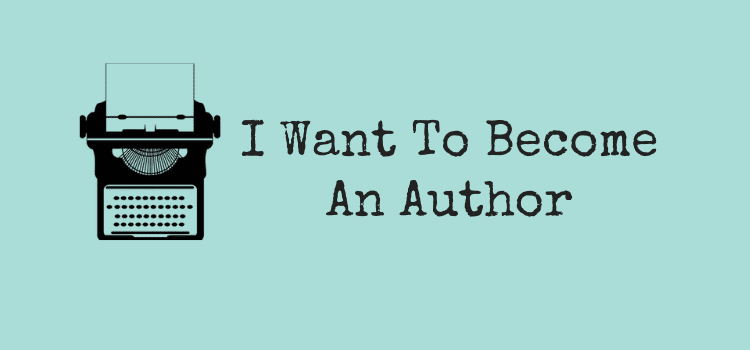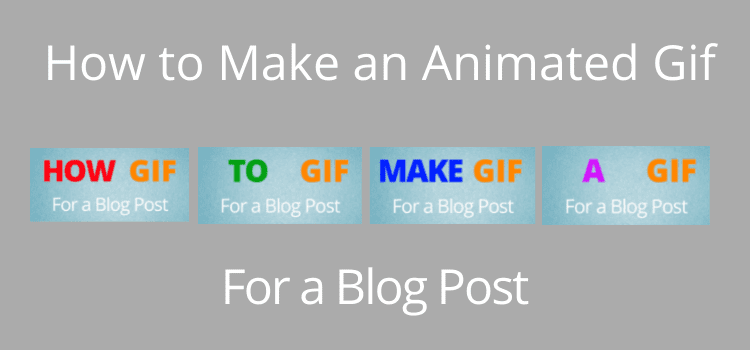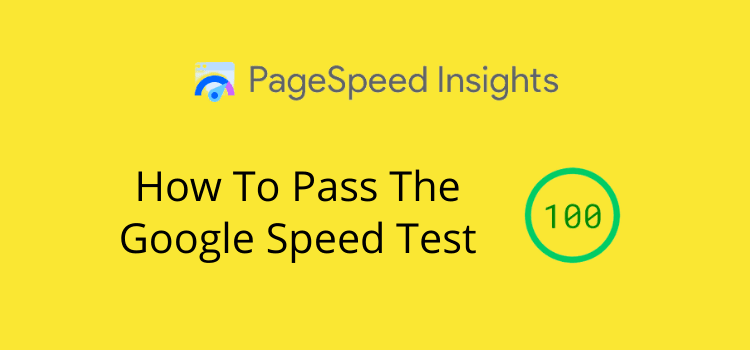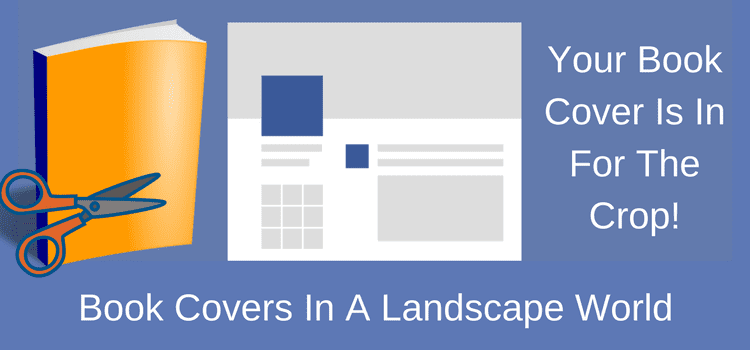
You want to become an author and a bestselling one at that. But let’s do a reality check first.
You can write, but that doesn’t make you a writer.
You’re a writer, but that doesn’t make you an author.
Almost everyone can write. But being able to write is only the beginning. Learning how to be an author by studying the craft of writing takes time.
Start at the beginning
Wanting to become an author isn’t every writer’s dream or goal. A writing career can take many forms, including content writing, ghostwriting, copywriting, or building a blogging business.
But all types of creative writing need one main ingredient. Excellent writing skills.
If you are new to writing or have an inkling of an idea that you would like to become a successful writer or an author, the starting point is always practice, practice, and do more practice.
By doing so, you will keep learning how to write better. A good first step is to enroll in a writing course or join a writer’s group.
Both will help improve your writing as well as get you familiar with learning how to accept and use criticism to develop your skills.
The second step is to set yourself a writing routine. Write every day: an hour a day, every day, and no excuses.
Depending on your aim, you could hone your skills by writing short stories, blog posts, or picking a random writing prompt from an online writing site.
Every time you write a new piece, analyze your writing for its grammar, spelling accuracy, and variety. Do you have a habit of using repetitive words?
You can get free writing feedback if you are in a writing group. But if you aren’t, you should use a good online writing checker to help you with your grammar.
More importantly, will your writing connect with, hook or intrigue a reader?
Writing for your reader

Every writer would like to emulate the success of Stephen King, J. K. Rowling, Dan Brown, or my favorite, Douglas Adams.
But they are in an elite group of authors who possess that very special something else in their words.
There are thousands of authors.
Some you read, some you like to read.
Some you love reading.
And then there are the very few who write books that you just can’t put down.
Reading is the key to learning how to write well. Read, and read to learn.
The best writers connect with your senses.
Great authors create emotions you can feel, describe images you can see, things you can touch, and sometimes tastes or aromas you can almost smell.
I could clearly visualize platform nine and three-quarters in Harry Potter. I could hear the steam trains and smell coal smoke.
Some people nearly became drunk on a Pan Galactic Gargle Blaster.
Do you still wait for Carrie’s hand to launch from a grave when you visit a cemetery? You get my drift.
However, nonfiction, self-help, bloggers, and food writers appeal to a reader’s thirst for knowledge and acquiring new skills.
The detail is important, of course. But great nonfiction writing satisfies an appetite for information and often provides solutions to difficult problems.
Erich von Daniken has kept me looking to the skies since I was a teenager.
Well, it was supposed to be nonfiction.
But Michael Swan has helped me perfect my grammar knowledge and understanding.
Once you decide who your readers will be and what they want, you will be on your way.
When you decide what kind of writer you want to be, your possible career path will become much more evident.
Don’t give up your day job, but prepare a plan to make it happen

For all types of writing, set your aims. But also make a plan about how you are going to get there.
You might consider enrolling in a local college or university writing program or taking an online course.
Then again, if you are very independent and tough on yourself, you could try to find a writing mentor to help you.
As you learn, look for opportunities to get your work published.
There are hundreds of possibilities available on the Internet.
You could start with short story submissions or article writing. But don’t publish before you are sure your writing is of a high standard.
This is because many new writers make the mistake of publishing poor content, and once published, it is very hard to have it taken down.
You don’t want your name forever online, in the byline of poor writing and editing.
But once you are confident in your writing skills, and have had your writing accepted and published online, take the next step.
Start looking for opportunities to get paid now that you have published material you can use as references.
If your end plan is to become an author and have your book published, article writing or short story writing are great ways to learn the writing craft and perfect your writing skills.
If you can start building a side income stream along the way, especially with content and article writing, you will be making progress toward joining the ranks of full-time professional writers.

Writing fiction is easy. Writing fantastic fiction is not.
For the number of authors who write and publish fiction, the list of winners is very short. The analogy that cream rises to the top is extremely apt.
It is the same for nonfiction, but the numbers are probably not as huge.
You can and should start writing your first book, but don’t rush.
Even when you finish your first draft, there will be months of work ahead of you before your fiction, or nonfiction manuscript will be near a standard to be published.
In either case, you will need to decide at some stage how you would like to publish your book.
If you take the traditionally published route and look for an agent and a publishing company, it is tough. Get ready for writing many book proposals and receiving lots of rejections.
But if you are fortunate and your story grabs an agent, you will get a lot of professional help preparing your book for publication.
All you have to do is write and write exceptionally well.
This is the dream for most new novelists.
The second way to get published seems easy

But beware, it certainly is not.
Self-publishing is quick and simple. Just click a few buttons, upload your Word file and cover, and instantly become an author. But of what?
All too often, new writers fall into the trap of publishing well before a book is ready.
A book full of errors and typos, poor grammar, spelling errors, and plot holes with an awful cover will not do anything except fail miserably.
It makes selling your book next to impossible.
It’s the opposite of what cream does; it will head quite naturally in the wrong direction.
Self-publishing is, in its own two words, about managing everything involved in the publishing process, yourself.
Importantly, it means managing and not necessarily doing.
You will definitely need help, but you will be in charge of the support you require.
Certainly, you will need an editor, proofreaders, a cover designer, a copywriter, and a list of beta readers.
You may also need a publicist or a social media manager.
There are a lot of successful self-published authors, but they don’t do it alone or on the cheap.
For new authors, it is essential to know the difference between self-publishing and vanity publishing.
Be wary of expensive publishers that seem too eager to help you publish your new book.
In ending
Do you want to become a published author?
Well, go for it. But take your time, plan ahead, and make sure you never stop learning to be a better writer.
Once you put your name on a front cover, others will be all too ready to judge you.
Make sure that you write brilliantly and connect with readers’ senses or needs. Only then will they judge you well.
Do you want to become an author? Then:
Dream big
Never give up
Try harder
Write better
Fail better
Accept rejection
Accept criticism
Never stop learning
Enjoy every small success
If you do all of the above, you may not become a bestselling author. But you could become a selling author.
Related Reading: How To Start Writing And Publishing For A New Writer
Share This Article



Thank you very much Derek Haines, your post has given me a guideline for my writing. It is not an easy way to be a n Author but it too courage to achieve a goal. I will like to read some of your books. I love read and writing.
Iam from South Africa.
I appreciate the information provided here. I am in academia so wanting to write fiction novels is quite a contrast. It is difficult to get started not knowing how. But this article is helpful and an eye opener in that “it is not easy”. I do think It is better to know this upfront and go at it well aware that it will be challenging. I will remember your advice and start learning on how to be an author.
Thank you
SA
I appreciate all the information you’ve given here. Wish I had had it when I first started writing. My first books were not good. People loved the stories but I know they could have been written so much better had I had the knowledge you’ve given us here. Money was a problem for me, so I did do everything myself with the exception of proofreading. A dear friend in England who taught in university offered to help.
The sense of accomplishment in having self published three novels, was something I’d never known. It spurred me on for more. I started my fourth novel, but in the meantime also did all the things you listed, which should have been done the first time around. I learned from classes, fellow authors, writing groups and organizations, readers, online sites, from everywhere I could. That’s the reason I’ve rewritten my first published novel, am in the process of rewriting my second, and will redo the third. Like I said, my readers loved the stories, and even knowing what I do now about writing, I can see that they were good tales.
What I disagree with in your article is the first set of statements. I believe, if you write…you are a writer. It’s the quality of what’s being written that makes the difference. If you are published, you are an author. Again, it’s the quality that counts.
Thanks for all the info. I plan to share it with members of my Facebook group forum where we have many who have been bitten by the writing bug. I’d like to help them out all I can with your assistance.